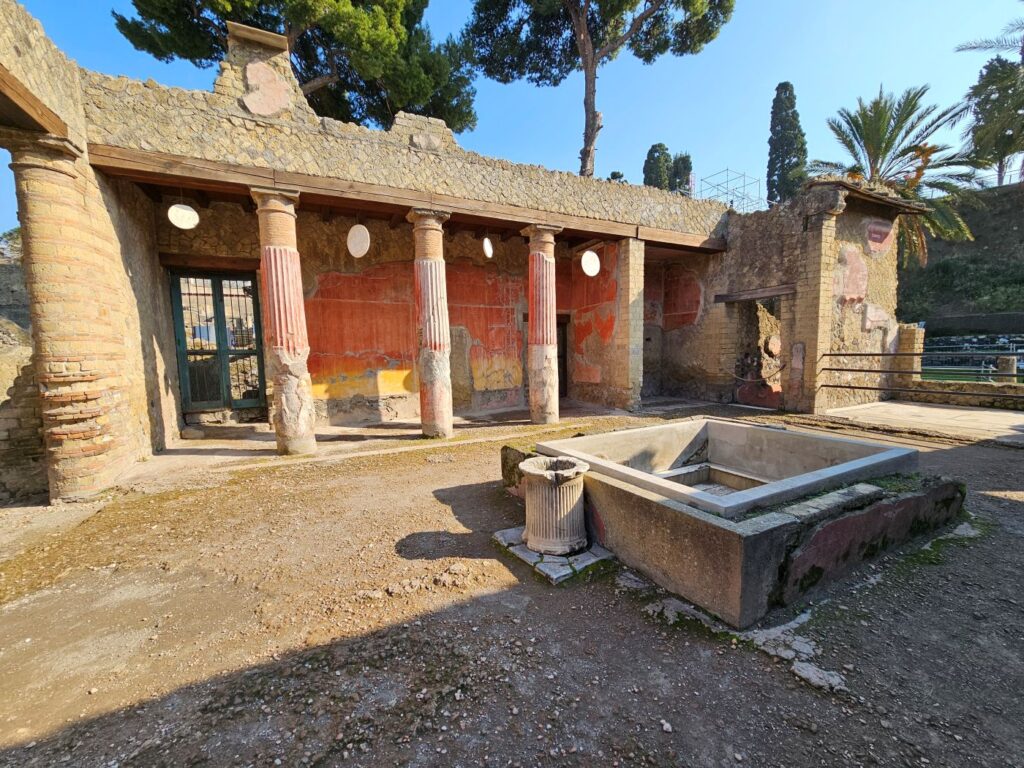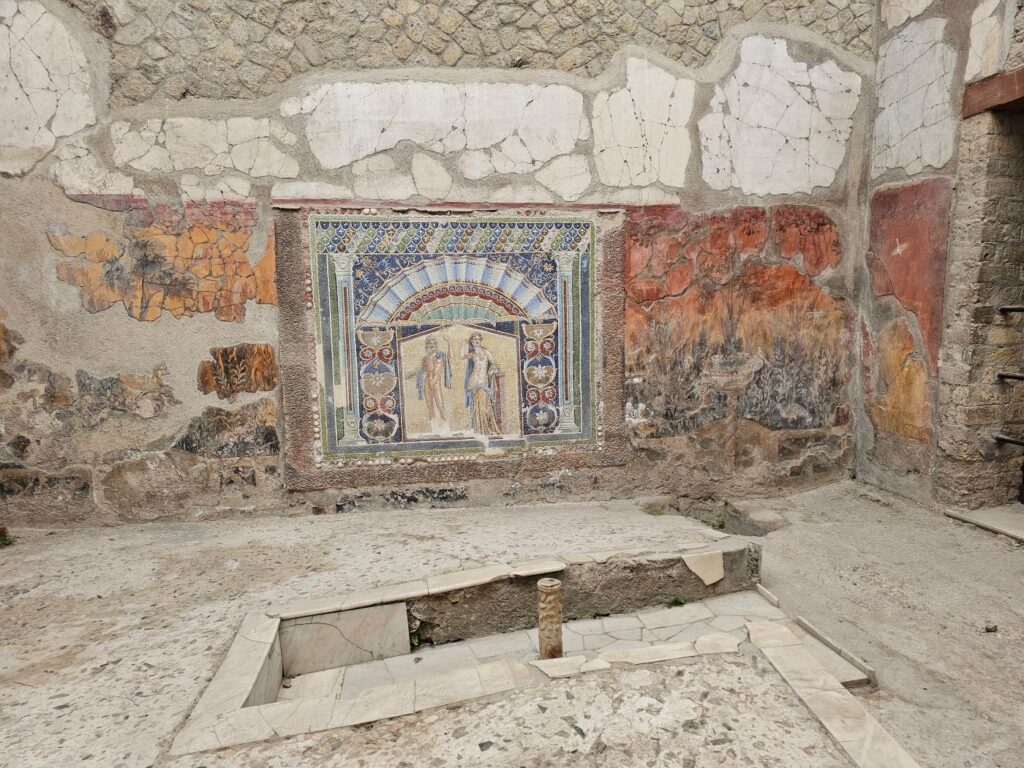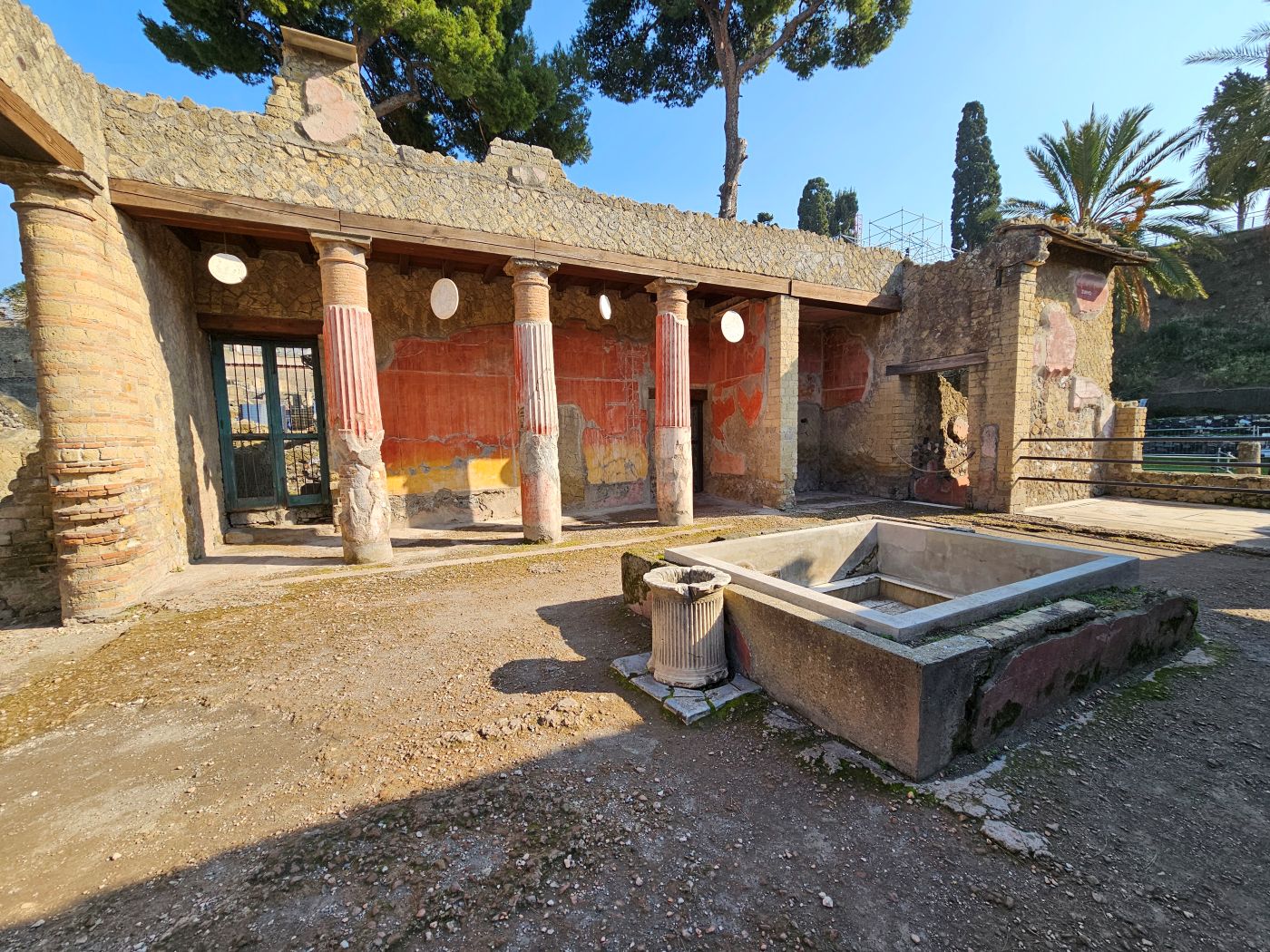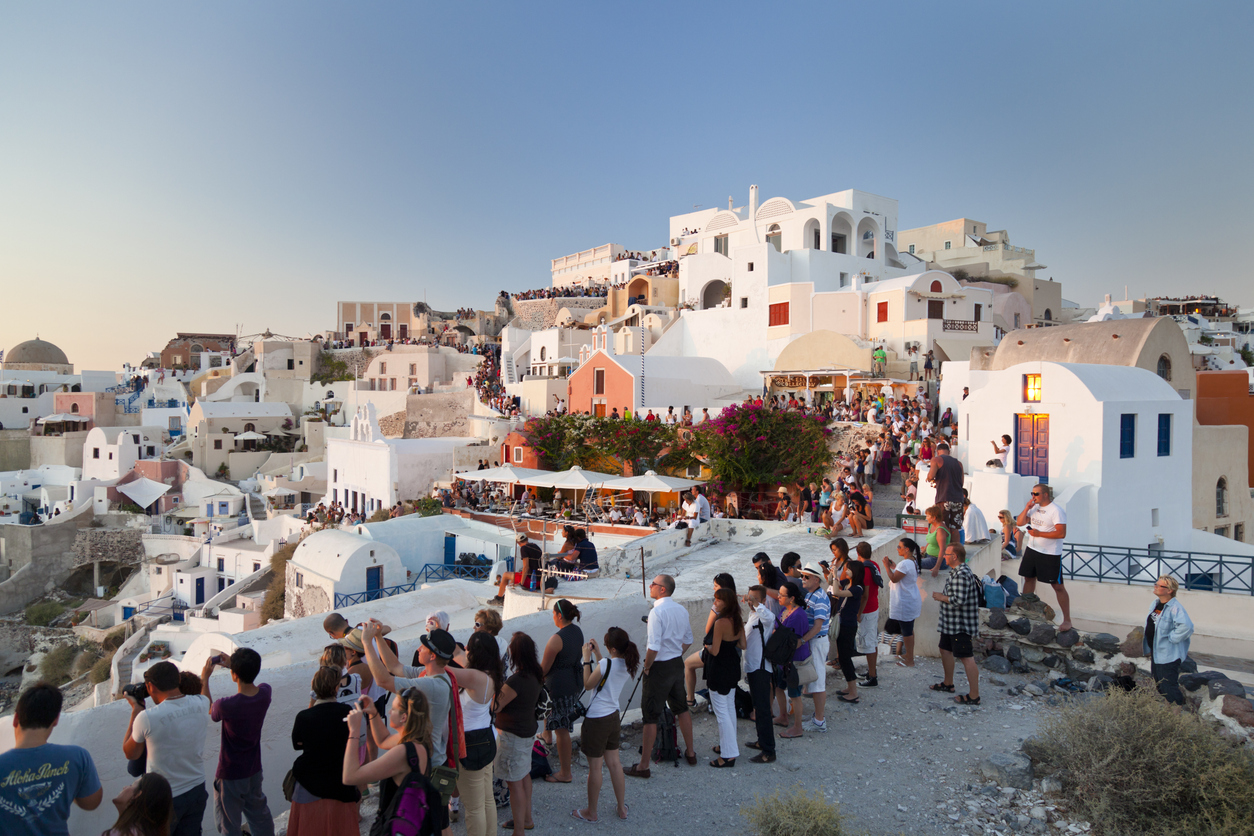Herculaneum, the ancient Roman city buried by the eruption of Vesuvius in 79 AD, is today the setting for an ambitious project that unites history and technology. The enigmatic papyri discovered here have captivated historians and archaeologists since their discovery in the 18th century, and now, thanks to the use of artificial intelligence, new possibilities are opening up to reveal their secrets.

The discovery of Herculaneum was accidental and the first excavations began in 1709, when Naples belonged to the Spanish crown, under the reign of Charles III. But it was not until 1750-1765 that the library with the charred papyri was discovered.
A treasure from the past
The Herculaneum papyri were found during the first excavations in a villa known as the Villa of the Papyri, a luxurious domicile that housed an extensive private library. Unlike other archaeological finds, these scrolls were preserved thanks to the action of fire and volcanic ashes that, paradoxically, charred and protected them from complete degradation. It is believed that they contain texts by Greek and Latin authors, ranging from literary works to philosophical treatises, which makes them an invaluable source for learning about the thought and culture of Antiquity.
The IA project ‘Vesuvius Challenge’
Aware of the fragility of these ancient manuscripts, a multidisciplinary team has launched the AI Vesuvius Challenge project. The initiative uses artificial intelligence techniques and advanced image processing to virtually “unroll” the papyri without physically handling them. Using machine learning algorithms, patterns and contrasts in the textures of the charred scrolls are analyzed, allowing the characters and words that for centuries have remained hidden behind the patina of time to be digitally reconstructed.

A new look at History
The potential of the Vesuvius Challenge goes beyond simply deciphering texts. By combining cutting-edge technological tools with the rigor of historical research, experts hope to open a window into the past, revealing details about the cultural, philosophical and literary life of ancient Rome. This innovative approach not only promises to recover forgotten fragments of classical works, but also to foster new interpretations about the transmission of knowledge in the Roman world.
Impact and future
The success of this initiative could mark a before and after in the field of digital archaeology and the study of classical literature. Every advance in the interpretation of these documents allows not only to enrich our cultural heritage, but also to demonstrate how modern technology can be an unsuspected ally in the recovery and preservation of our historical heritage.
With the Vesuvius Challenge, the union of artificial intelligence and archaeology offers renewed hope for deciphering the mysteries of the Herculaneum papyri, bringing us closer to a deeper understanding of the cultural heritage of Antiquity.






